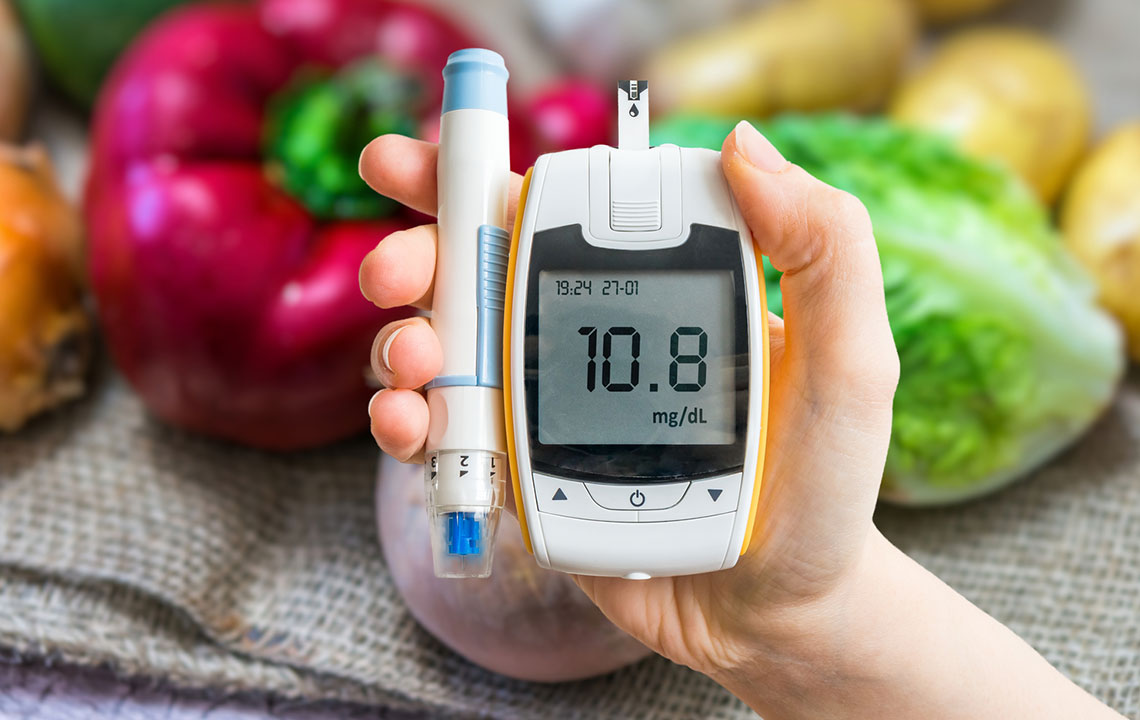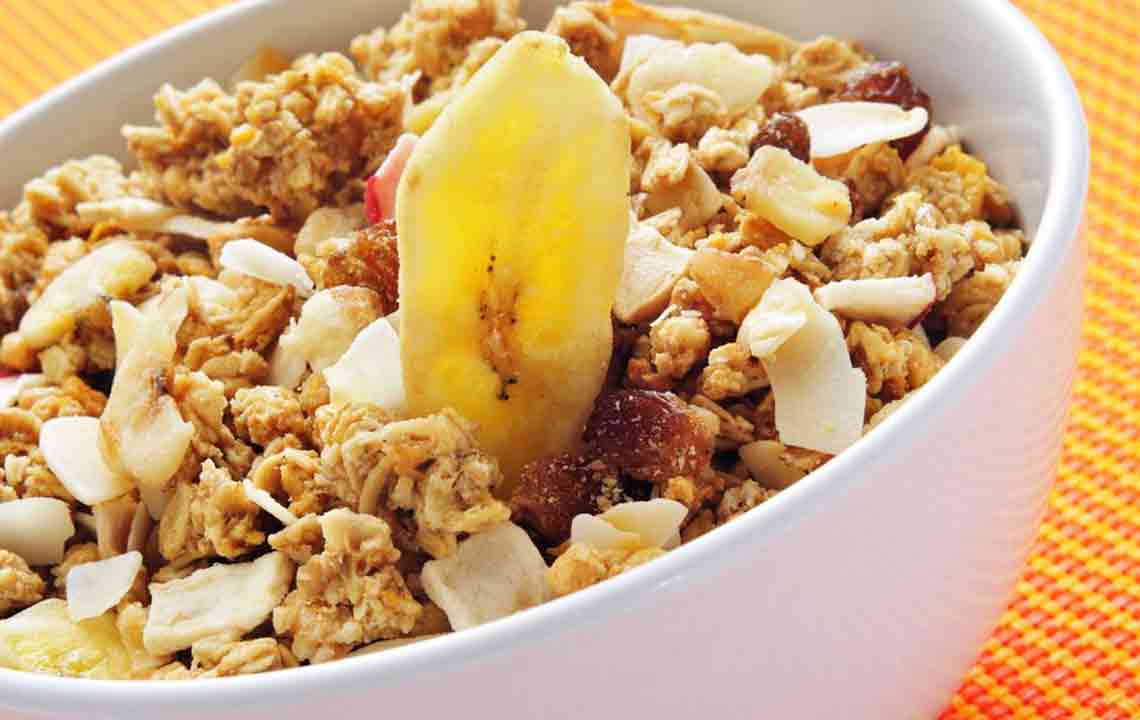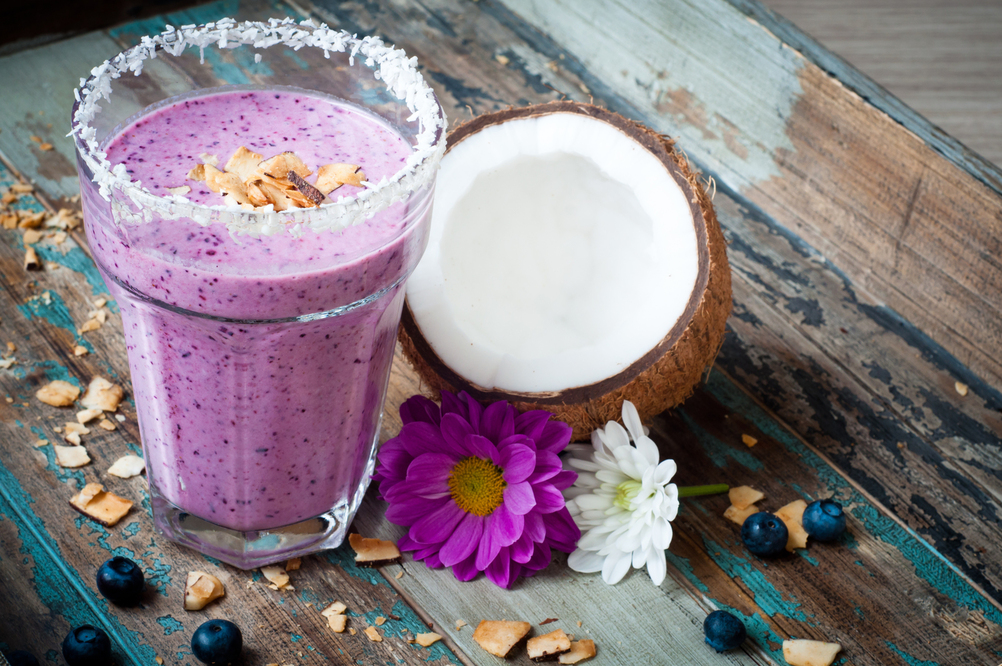Comprehensive Guide to Healthy Eating for Diabetes Prevention and Management
This comprehensive guide offers effective dietary strategies to control and prevent diabetes. It emphasizes balanced nutrition, fiber-rich foods, heart-healthy proteins like fish, and healthy fats. Practical meal tips and recipes are shared to empower individuals in managing blood sugar levels and supporting overall metabolic health. Implementing these lifestyle practices can significantly mitigate the risk of developing diabetes and improve quality of life for those already managing the condition.

Effective Nutritional Strategies for Preventing and Managing Diabetes
Maintaining healthy blood sugar levels is a cornerstone of managing and preventing diabetes. Achieving this goal requires a deliberate approach to your diet, focusing on nutrient-rich foods and balanced meals. A diet laden with complex carbohydrates, high dietary fiber, and healthy fats can significantly influence blood glucose control. Regular meal timings, mindful portion sizes, and incorporating a variety of wholesome ingredients are essential practices to foster better insulin response and overall metabolic health. This extensive guide explores the dietary choices, meal planning tips, and nutritious recipes that can help you take charge of your health and reduce the risk of diabetes.
Carbohydrates and Glycemic Control: Emphasize consuming carbohydrates that are rich in dietary fiber such as fresh fruits, vegetables, whole grains, and legumes. These foods have a low glycemic index, which helps prevent rapid spikes in blood glucose. Portion control is key—monitor carbohydrate intake in grams and aim for consistent carbohydrate servings at each meal. For example, pair low-fat yogurt with sliced apples or bananas for breakfast. Incorporate baked vegetable casseroles, roasted root vegetables, and stir-fries that prioritize fiber-rich vegetables. Dairy products like low-fat milk, yogurt, and cottage cheese provide vital nutrients and tend to have a lower impact on blood sugar. It’s advisable to limit high-fat, saturated dairy items like full-fat cheese and cream to maintain optimal blood sugar levels.
Enhancing Digestion with Fiber: A high-fiber diet not only helps regulate blood sugar but also promotes detoxification and improves digestive health. Incorporate a variety of fiber-dense foods, including fruits like berries, pears, and oranges; vegetables such as broccoli, carrots, and leafy greens; nuts like almonds and walnuts; and plant-based proteins such as beans, peas, lentils, and chickpeas. Whole grains like oats, brown rice, and whole-wheat flour are excellent choices for baked goods and bread. Recipes that feature beans, lentils, or whole grains are filling and can help reduce bad cholesterol levels, contributing to improved cardiovascular health—a common concern in diabetes management. For a healthier dessert alternative, consider baking with whole-wheat flour or adding pureed fruits to homemade muffins and cakes.
Choosing Heart-Healthy Protein Sources: Fish is an outstanding source of omega-3 fatty acids, which are crucial in reducing triglyceride levels and supporting heart health. Incorporate fatty fish such as salmon, sardines, mackerel, and tuna into your weekly diet. These fish can be grilled, baked, or poached, and serve as a flavorful main course that’s beneficial for blood sugar stability. Replacing red meats with low-fat fish varieties and plant-based proteins can significantly decrease the risk of cardiovascular disease and improve insulin sensitivity.
Incorporating Healthy Fats into Your Diet: Opt for monounsaturated and polyunsaturated fats to enhance lipid profiles and support metabolic health. Nuts like almonds and walnuts are nutrient-dense snacks, offering healthy fats along with fiber and antioxidants. However, due to their high caloric content, they should be consumed in moderation—about a small handful per day. Cooking oils such as extra virgin olive oil, canola oil, and peanut oil are excellent substitutes for butter and margarine. These oils are rich in healthy monounsaturated fats that help lower bad cholesterol levels. While avocados are also a great source of beneficial fats and can promote cholesterol reduction, they are calorie-dense—limiting portion sizes is advisable to prevent unnecessary weight gain, which can interfere with diabetes control. Keeping the fat intake balanced ensures better blood sugar regulation and cardiovascular health.





